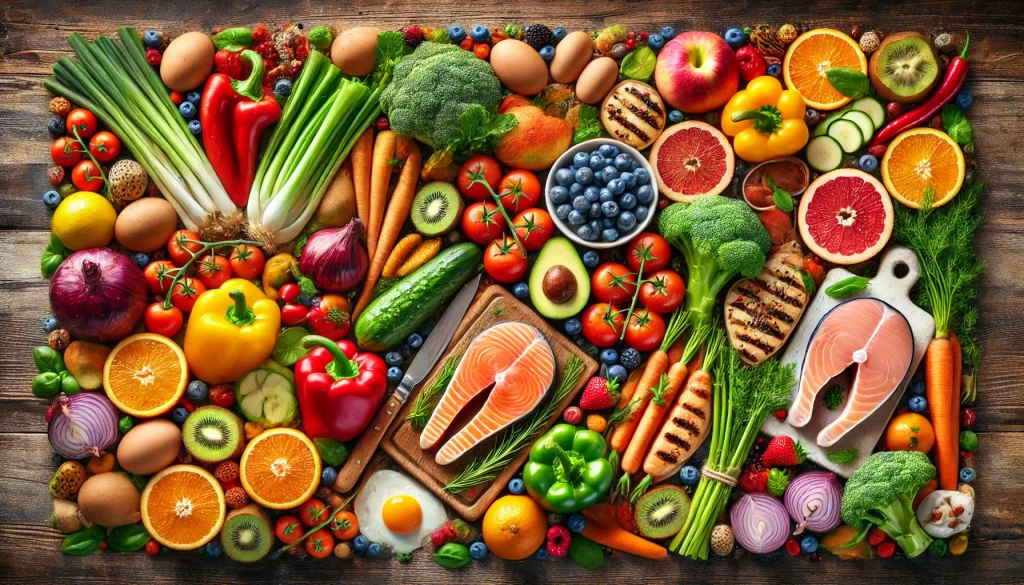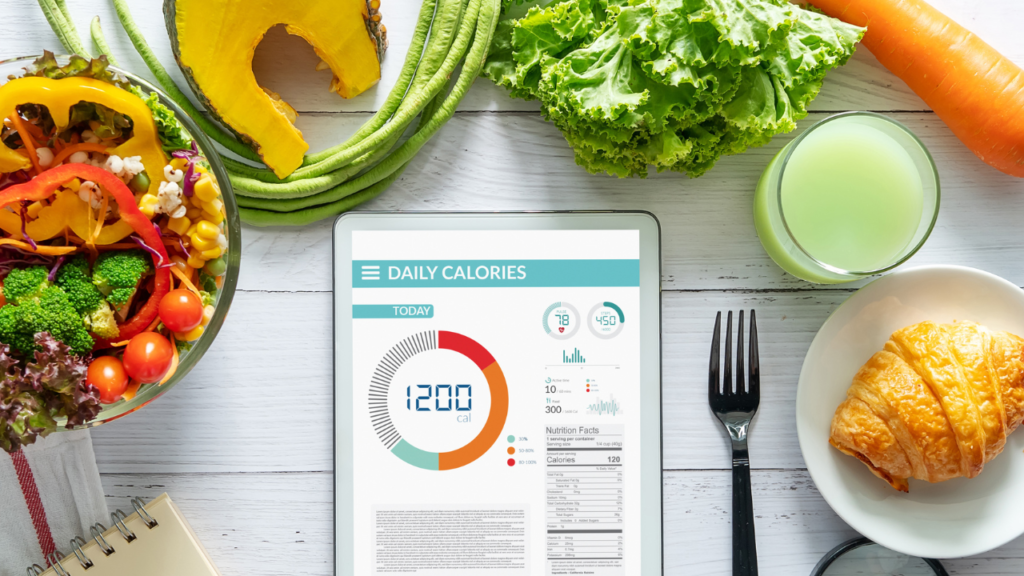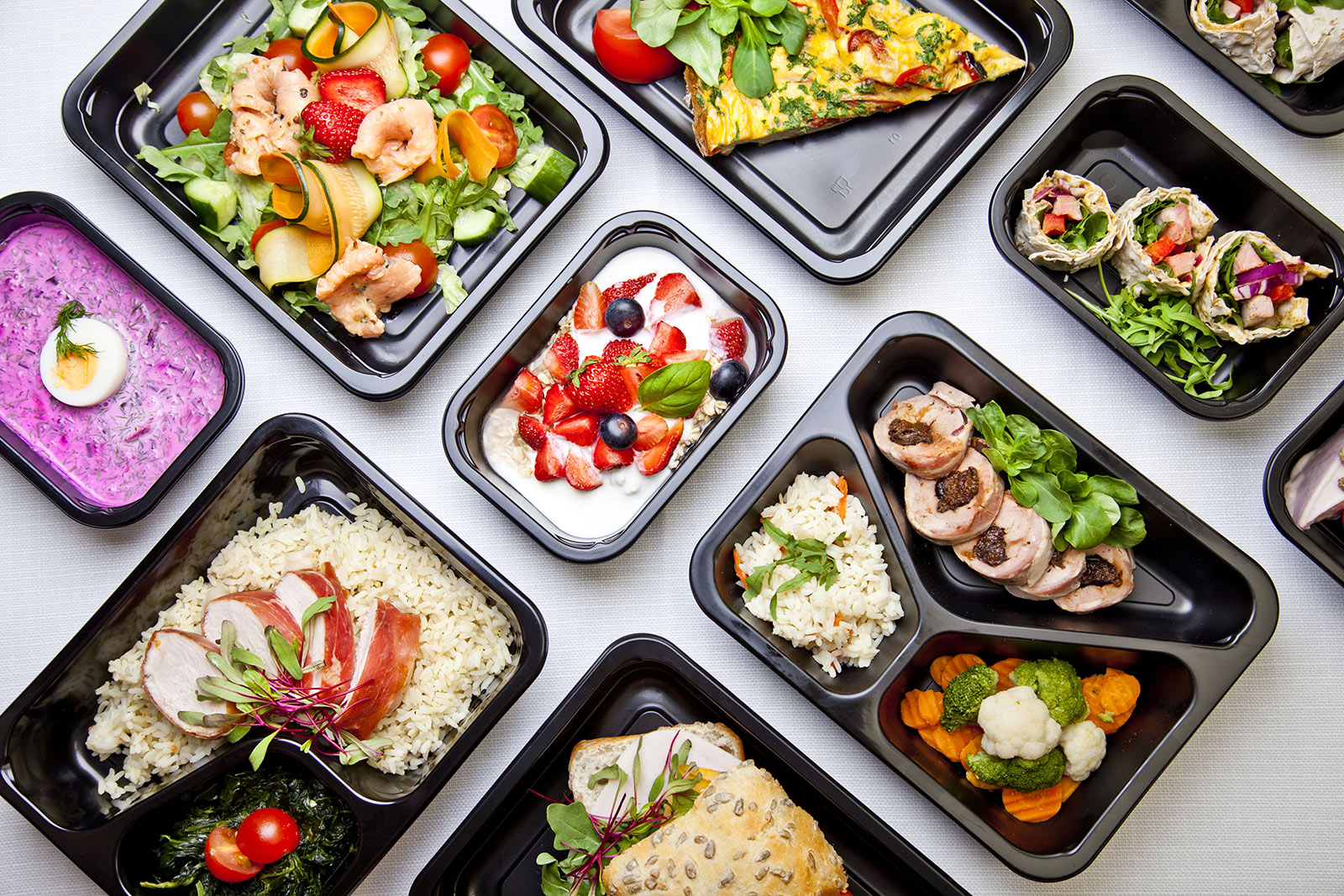The Ultimate Guide to Food Management: 10 Game-Changing Tips for Balanced Nutrition
After hosting over 100 episodes of my podcast, I’ve accumulated countless insights about balanced nutrition and health. Today, I’m sharing my top 10 food management tips that will transform your approach to eating and help you achieve your health goals.
1. Prioritise Sleep and Real Food Over Supplements
Let’s get something straight: the greatest supplement you can have is a good night’s sleep followed by high-quality food. While mineral health supplements and detox supplements have their place, they should never override the fundamentals. No pill can compensate for poor sleep and unhealthy processed foods.
2. Avoid Named Diets for Long-Term Success
In a recent podcast episode, I shared some crucial insights about nutrition and dieting after observing an interesting situation with Dr. Paul Saladino, who has over 2.2 million followers. Despite his massive following and strong advocacy for the carnivore diet, including writing a book about it, his own testosterone levels were declining while promoting this approach. This perfectly illustrates one of my core nutrition principles: named diets are often marketing tactics designed to sell you a one-size-fits-all solution. The reality is that sustainable nutrition is much more nuanced and personal than following any single branded approach.
Having coached countless entrepreneurs and business owners over the years, I’ve never seen anyone successfully stick to a single diet plan – whether it’s carnivore, keto, or any other labeled approach – for 365 days a year. Your nutrition needs to evolve with your lifestyle, goals, and circumstances. The key to success lies in focusing on fundamental principles: eating real food, getting adequate protein, minimising processed foods and refined sugar, and finding an approach that complements your personal, professional, and social life. It’s about creating sustainable habits that work for your unique situation, not following rigid rules that someone else created.
Want to dive deeper into this topic and learn how to create a sustainable approach to nutrition that actually works? Check out my detailed breakdown in my YouTube video “STOP FOLLOWING DIETS WITH A NAME” where I share practical strategies that you can implement in your daily life, regardless of your lifestyle or circumstances.
Overall, Whether it’s the green keto diet, carnivore diet ideas, or any other branded approach, diets with names rarely last. I’ve yet to see anyone stick to keto diet products or carnivore diet snacks for 365 days straight. Your nutrition diet plan needs to complement your personal, professional, and social lifestyle.

3. Master Calorie Distribution
When it comes to balanced nutrition, I recommend this calorie distribution: 20-30% for breakfast, 20-30% for lunch, and 40-60% for dinner. This custom nutrition plan works because it aligns with most people’s natural eating patterns and social lives. The key is maintaining consistent protein intake across all meals to prevent overeating.
4. Prioritise Real Food Over Processed
If I could only choose one food habit, it would be minimising processed foods to avoid. This takes precedence even over protein intake. When you focus on low calorie nutrient dense foods, you naturally consume adequate proteins, healthy fats, and complex carbohydrates.
5. Track Your Food Intake
Using apps that track calories and protein allows for flexibility while maintaining accountability. This approach works whether you’re following a nutrition plan for building muscle and losing fat or simply maintaining weight. It’s especially valuable for staying disciplined in various environments and situations.

6. Watch Out for Restaurant Menu Triggers
Be aware of words like “sticky,” “glazed,” “honey,” “caramelised,” “rich,” “buttery,” and “creamy.” These indicate calorie dense foods that provide minimal nutritional value. Understanding these terms helps you make better choices when dining out and maintains your right eating habits.
7. Choose Alcohol Wisely
When it comes to bloating after alcohol consumption, it’s not just about choosing low-calorie options. Select drinks that help you maintain control over your food choices. For me, beer works better than spirits because it helps me avoid overeating in depression or emotional situations, despite having more calories per serving.
8. Calculate Your Calorie Needs for Balanced Nutrition
Understanding your maintenance calories is crucial for a calorie deficit diet for fat loss. Track your food intake for 1-2 weeks to establish your baseline, then adjust according to your goals. For fat loss, start with a modest 200-calorie deficit per day.
9. Document Your Food Visually
Take pictures of everything you eat for a week. This simple habit helps prevent emotional overeating and provides clear evidence of where you might be consuming excess calories. It’s an effective way to learn how to stop overeating and make better choices.
10. Rethink Your Protein Sources
You don’t need excessive meat consumption to boost protein intake or build muscle. Focus on diverse protein sources and learn how to intake whey protein effectively. This approach can help reduce bloating, inflammation, and improve overall energy levels.
Conclusion
These tips aren’t just theory – they’re battle-tested strategies that work in the real world. Remember, the key to success isn’t finding the perfect diet but creating sustainable habits that fit your lifestyle. Whether you’re looking to raise your energy level or achieve specific fitness goals, these principles will serve as your foundation for long-term success.
For comprehensive, personalised guidance on building sustainable habits that last, check out my “Built to Last” programme where we’ve helped hundreds transform their approach to nutrition and fitness. And if you’re looking for more practical nutrition insights, don’t forget to watch my detailed breakdown in “10 Food Tips from 100+ Episodes” on YouTube, where I share game-changing strategies that have helped my clients achieve remarkable results.




